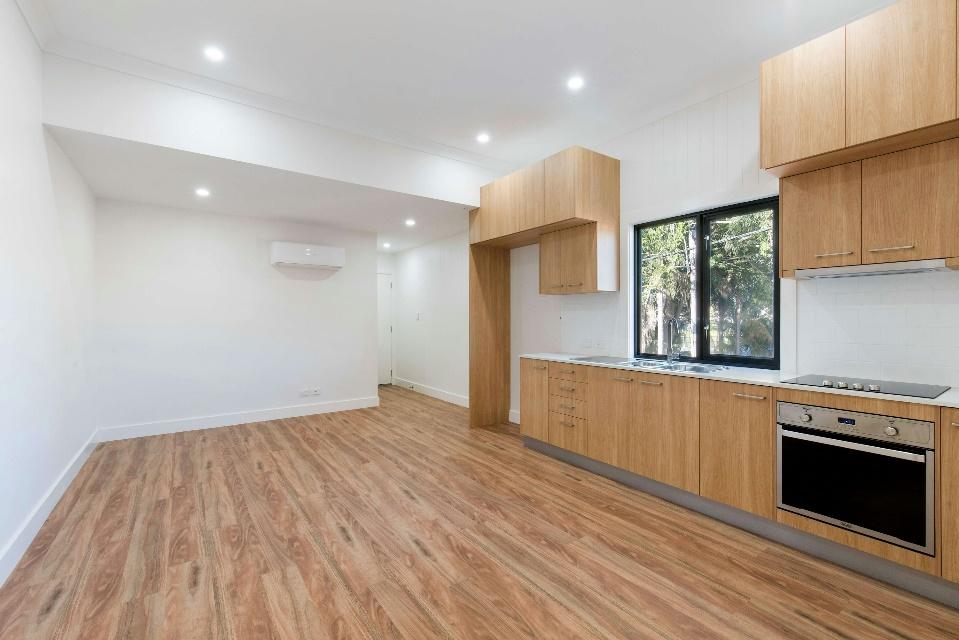Financial Tips for First-Time Homebuyer: Financial Planning Made Easy – Buying your first home is a significant milestone and often the culmination of years of planning, saving, and dreaming. However, navigating the financial aspects of homeownership can be challenging for first-time buyers.
From understanding the real costs involved to budgeting effectively, having a strategic approach can make the process smoother. Here are essential financial tips to guide you on your journey to homeownership.
Understanding the True Costs of Homeownership
When purchasing a home, the price tag is just the starting point. Many first-time buyers focus solely on the purchase price, but there are additional costs to consider. These include:
- Down Payment: This is a portion of the home’s price that you pay upfront. The amount can vary depending on the type of mortgage you qualify for, but it typically ranges from 3% to 20%.
- Closing Costs: These fees are associated with finalizing the home purchase. They include attorney fees, title insurance, and loan origination fees, often totaling 2% to 5% of the home’s purchase price.
- Property Taxes and Insurance: Ongoing costs like property taxes and homeowners insurance can add a significant amount to your monthly expenses.
- Maintenance and Repairs: Homeownership comes with responsibilities, including maintaining the property and addressing repairs. Budgeting for these unforeseen expenses is crucial.
Understanding these costs will help you create a more realistic budget and prepare for the financial responsibilities of owning a home.
Using Tools and Resources to Assess Affordability
Technology plays a vital role in modern home-buying, offering tools that simplify complex calculations and provide clear insights into affordability. One of the most important tools for first-time buyers is a mortgage calculator.
This tool helps you estimate monthly payments based on the home’s price, loan term, interest rate, and down payment. By adjusting these variables, you can explore different scenarios and determine how much home you can realistically afford.
This ensures your financial planning aligns with market conditions and helps avoid surprises during the mortgage approval process.
Building a Realistic Budget for Your First Home
Before you start house hunting, it’s vital to assess your financial situation and establish a budget. This step ensures you’re looking at homes you can afford without overextending yourself financially. Begin by calculating your monthly income, subtracting necessary expenses, and identifying how much you can allocate toward housing costs.
Experts recommend the 28/36 rule for homebuyers. This rule suggests spending no more than 28% of your gross monthly income on housing expenses and keeping total debt payments below 36%. This approach keeps your finances balanced and leaves room for other priorities like savings and emergencies.
Once you’ve determined your budget, stick to it during the home-buying process. It’s easy to get carried away when touring properties, but financial discipline is key to avoiding future regrets.
Strengthening Your Credit Before Applying for a Loan
Your credit score significantly impacts your mortgage options and the interest rate you’ll qualify for. A higher credit score can save you thousands of dollars over the life of your loan by securing a lower interest rate. Before applying for a mortgage, take steps to improve credit score:
- Check Your Credit Report: Request a free copy of your credit report from reputable agencies. Review it for errors and dispute any inaccuracies.
- Pay Down Debt: Eliminate credit card balances and other debts to improve your debt-to-income ratio.
- Avoid New Credit: Refrain from opening new credit accounts or making large purchases on credit before applying for a mortgage.
- Make Timely Payments: Ensure all bills and existing loan payments are made on time, as late payments can negatively affect your credit score.
Taking these steps a few months before applying for a loan can position you for better terms and increased borrowing power.
Exploring First-Time Homebuyer Programs and Incentives
First-time buyers often have access to special programs and incentives that can make homeownership more affordable. These programs vary by region and lender but typically include:
- Low Down Payment Loans: Federal Housing Administration (FHA) loans and other options require lower down payments, making homeownership accessible for those with limited savings.
- Grants and Assistance Programs: Some states and local governments offer grants to cover down payments and closing costs.
- Tax Benefits: First-time buyers may qualify for tax credits or deductions that reduce the overall cost of purchasing a home.
Researching and utilizing these resources can ease the financial burden and provide valuable support during the buying process.
Planning for Long-Term Financial Stability
Owning a home is a long-term commitment, and planning for the future is crucial. Start by building an emergency fund to cover unexpected expenses such as repairs or temporary income loss. Experts recommend saving three to six months’ worth of living expenses in a separate, easily accessible account.
Additionally, consider how your mortgage payments fit into your broader financial goals. Are you saving for retirement, contributing to investment accounts, or planning for your children’s education? Balancing these priorities ensures that homeownership doesn’t come at the expense of other aspirations.
Researching Neighborhoods and Market Trends
The location of your home impacts its value, your quality of life, and ongoing expenses like property taxes. Before finalizing a purchase, thoroughly research neighborhoods and market trends. Consider factors such as:
- Proximity to Work and Amenities: Shorter commutes and access to schools, parks, and shops add convenience and save money on transportation.
- Local Market Conditions: Are property values in the area rising, stable, or declining? Understanding trends helps you make a more informed investment.
- Community Features: Look into homeowner association fees, zoning restrictions, and other local factors that could affect your lifestyle or budget.
Investing time in research ensures you make a purchase that aligns with your long-term goals.
Making a Confident Offer
Once you’ve found the right home, making an offer can be nerve-wracking. To improve your chances of success:
- Get Pre-Approved for a Mortgage: This shows sellers you’re a serious buyer and gives you a competitive edge in hot markets.
- Offer a Fair Price: Work with your real estate agent to determine a fair market value based on comparable sales in the area.
- Be Flexible: Willingness to accommodate the seller’s timeline or negotiate contingencies can make your offer more appealing.
While it’s important to be competitive, avoid overbidding or stretching your budget. Staying within your financial limits ensures you can comfortably manage homeownership expenses.
Setting the Foundation for a Bright Future
Buying your first home is an exciting journey that requires careful planning and informed decision-making. By understanding the true costs of homeownership and building a realistic budget, you can confidently take the next step toward securing your dream home.
Focus on strengthening your financial foundation and exploring available resources to make the process smoother and more rewarding.
Whether you’re buying in a bustling city or a quiet suburban neighborhood, being well-prepared ensures your first home is not just a place to live but a cornerstone of your financial future. Embrace the process with patience and strategy, and enjoy the many rewards that homeownership brings.








